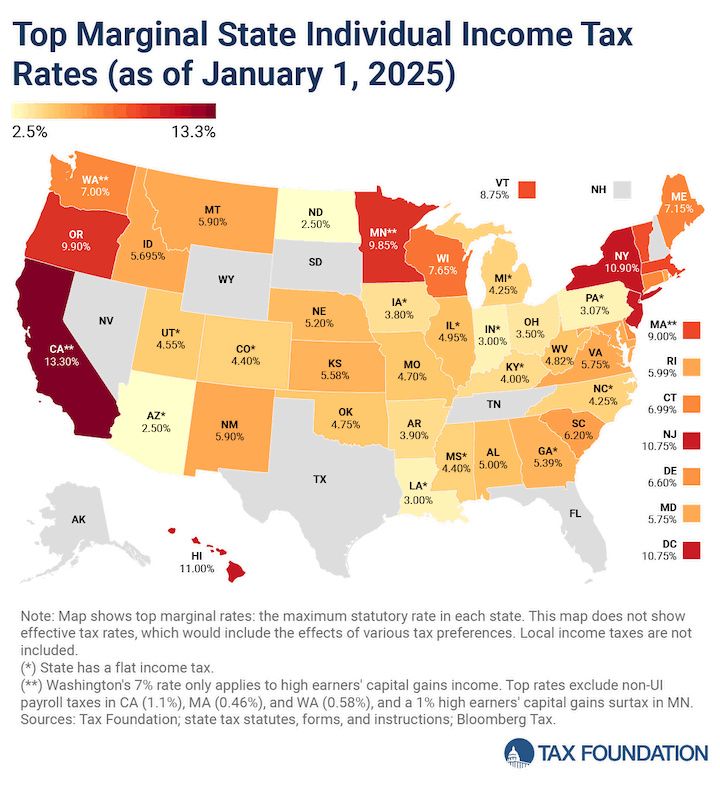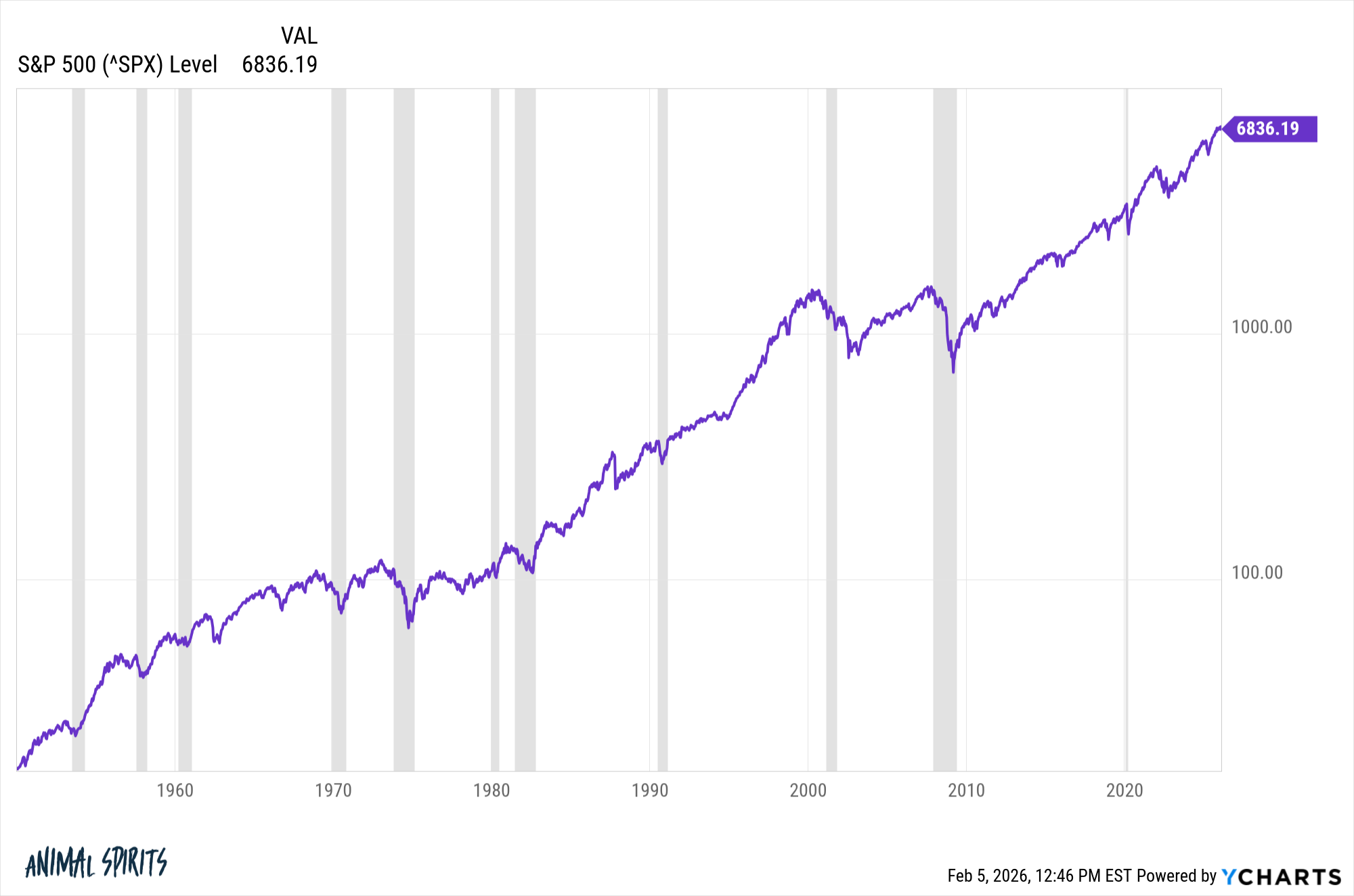WhatsApp took down 6.8 million scam-linked accounts—primarily in South Asia—during the first half of 2025 in a major crackdown on cyber fraud. It also announced new protective chat tools designed to combat criminal activity. The next question is whether the extensive fraud rings will be dismantled or simply adapt and find new ways to entrap victims.
Threat actors had been randomly adding users’ phone numbers to a WhatsApp group chatroom, offering lucrative returns on schemes such as crypto investments. Many of the removed accounts were traced to organized criminal networks operating in countries such as Cambodia, Myanmar, and Thailand.
Meta, WhatsApp’s parent company, said these scam centers often rely on forced labor coerced into executing online fraud.
The sheer scale of these operations suggests that eradicating them won’t be a simple task.
“It’s great that they’re taking action on accounts they found to be fraudulent, but I think scammers won’t be deterred by this,” said Suzanne Sando, Lead Analyst of Fraud Management at Javelin Strategy & Research. “It’s a great start in dismantling these larger criminal scam rings, but they’ll find another avenue to reach out to potential targets.”
Protection in Group Chats
WhatsApp is also introducing tools to help users identify scams, including alerts when they are added to a group chat by someone not in their contact list. According to Sando, these features could prove more impactful than simply eliminating existing scam accounts.
“The new controls that give the user visibility into the group they’re being added to is important, especially the ability to leave a group without even entering the chat,” Sando said. “By entering a chat, a potential scam victim might be curious about messages and be tempted to respond or inadvertently click on a malicious link, but by adding the ability to leave a conversation without even entering it removes those risks.”
Room for More ID Verification
One area that could benefit from further improvement is the ID verification running behind the scenes at WhatsApp, which has the potential to serve as a strong deterrent—even against major fraud rings.
“Will there be stronger controls in place moving forward to not even allow bad actors to sign up?” Sando asked. “On the flip side, how many of these accounts started out as valid accounts but were persuaded into participating in the scam centers?”
Disclaimer: This story is auto-aggregated by a computer program and has not been created or edited by finopulse.
Publisher: Source link








